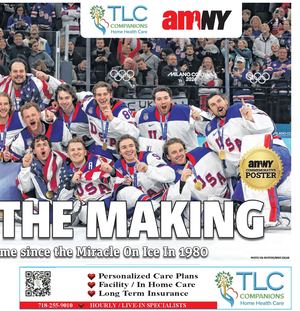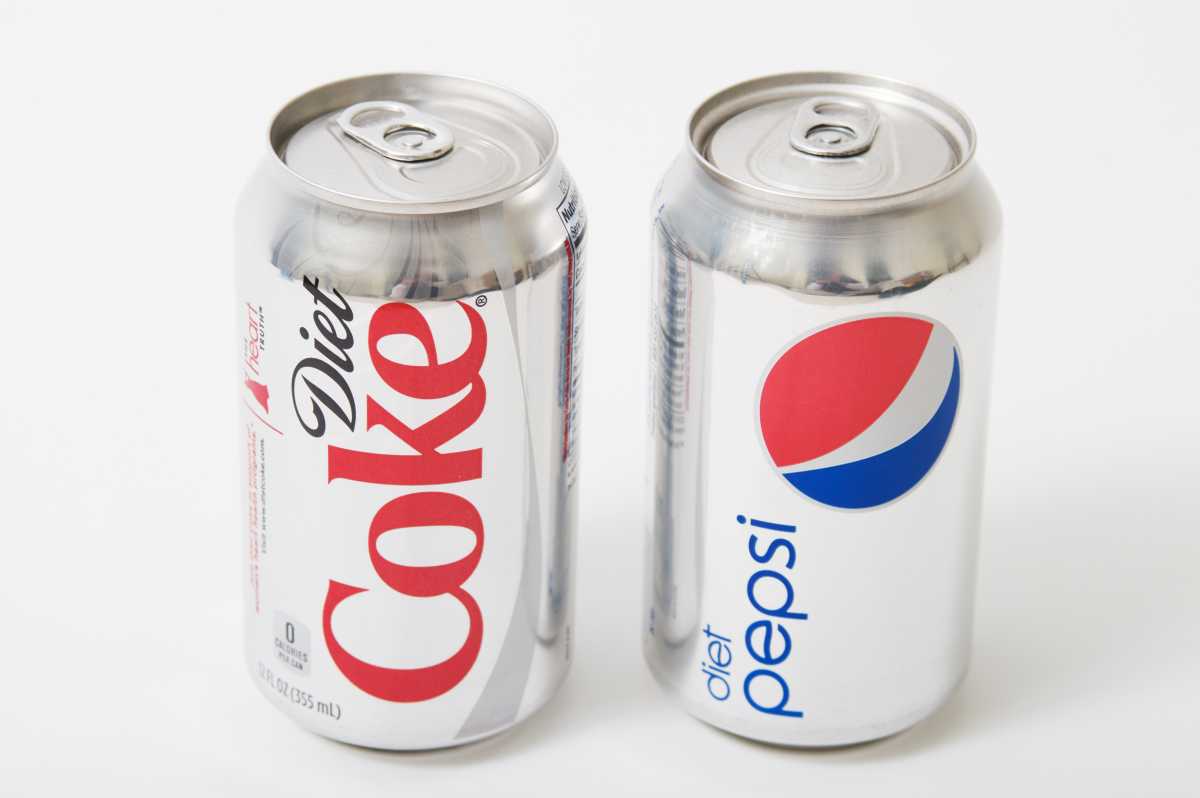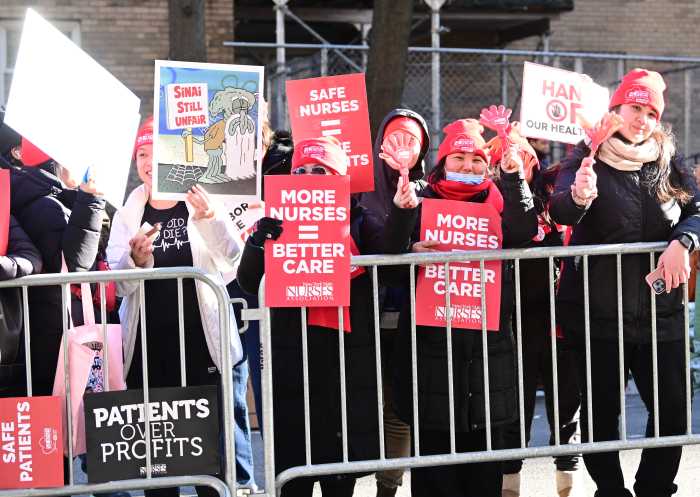New York City is changing the menus at public schools, hospitals, and day programs for seniors to include more nutrition and remove diet soda and food dyes. The changes impact 11 municipal agencies serving residents.
The City’s Department of Health and the Mayor’s Office of Food Policy on Tuesday said they updated the New York City Food Standards for Meals and Snacks Purchased and Served, first passed in 2008. The City says the new standards for city schools, hospitals, adult care and other facilities are designed to reduce the occurrence of chronic diseases, such as obesity, diabetes and cardiovascular disease, “by increasing access to healthy foods.”
The updated standards take effect July 1, 2026, impacting more than one million New Yorkers and 219 million meals and snacks, including students, older adults, New York City Health + Hospitals patients, city inmates and others relying on meals and snacks from city agencies.
The new rules expand restrictions on low- and no-calorie sweeteners in food and beverages for all ages from a previous limit that applied only to children age 18 and younger.
“Diet sodas are an example of a food with low- or no-calorie sweeteners, ingredients which were already been banned for anyone age 18 and younger,” said Elizabeth Solomon, executive director for nutrition policies and programs at the New York City Department of Health. “We’re expanding the ban on low- or no-calorie sweeteners to food and beverages served to all ages.”
Diet soda has zero calories or value, NYC says

She said these products have no place on menus offered by the city government, which had previously removed soda from its menus.
“They don’t provide nutritional value. No evidence supports the use of these ingredients for weight maintenance and loss,” Solomon said. “There’s some evidence that they may have adverse health effects.”
The rules also set new restrictions on all artificial colors and certain flour additives and preservatives. “We’re removing unnecessary and potentially harmful additives or ingredients, such as artificial food dyes,” Solomon continued.
They also increase requirements for serving whole or minimally processed plant protein foods and strengthen snack requirements to improve variety and nutrition.
Every snack needs two of the following food categories: fruits, vegetables, grains, or proteins.
Hummus and vegetables, fruits and cereal, cheese and crackers, and bean dip and vegetables are a few examples of what makes the cut.
“There will be more plant proteins such as beans, nuts and seeds,” Solomon continued. “When agencies or sub-contractors serve a snack, they are now required to include at least one serving per week of fruit or vegetables.”
Some officials said this is about providing more healthy choices, designed to make a healthier city.
“Through the new standards, the New York City Health Department furthers its efforts to increase life expectancy by targeting chronic diseases, such as diabetes and cardiovascular disease,” Acting Health Commissioner Dr. Michelle Morse said in a written statement.
And some watchdogs said they see this as a step toward a healthier city by improving nutrition for many New Yorkers.
“We need to harness the power of government food policy to put healthy food within reach for everyone,” said Vice President of Programs with the Center for Science in the Public Interest Anupama Joshi.
According to the city, the updated standards will make “healthy eating” more accessible for “those with limited resources” by offering more nutritious foods.
The city already banned soda and processed meats, including cold cuts, although the new regulations extend these bans. Fruit juices must already be 100% juice; that program is being continued.
“By ensuring that any New Yorker accessing city meals receives nutritious food, the standards are addressing structural inequities that make healthy eating inaccessible to many,” said Director for the CUNY Urban Food Policy Institute Nevin Cohen.
Mayor Eric Adams called the new standards a step toward improving the health of many New Yorkers, adding he turned his “life around” from being pre-diabetic with a plant-based diet.
“We committed to ensuring all New Yorkers have access to healthy, fresh foods,” Mayor Adams said. “By looking at the meals we serve, we are making New Yorkers healthier.”






































